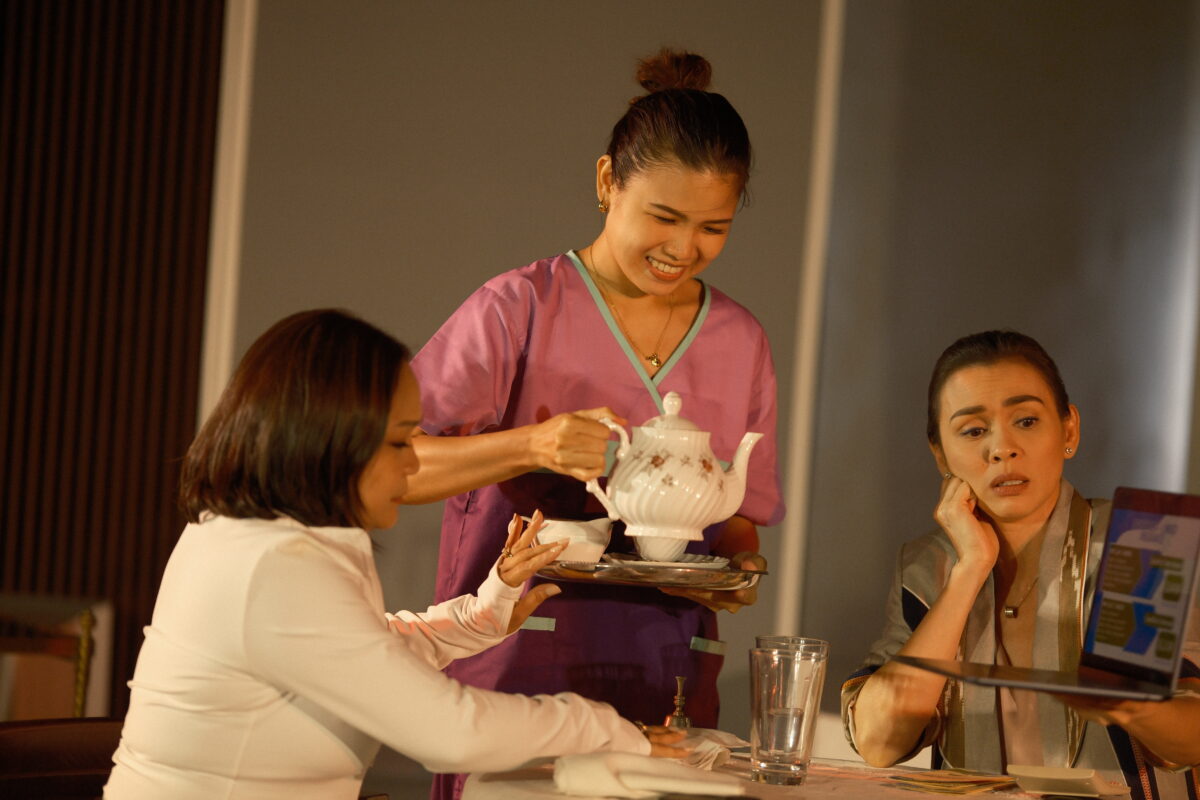
New research in the United Kingdom has found that giving children short breaks to participate in physical activity of their own choice can improve attention and memory.
Carried out by the Universities of Stirling and Edinburgh, the study looked at how taking a break from the classroom to partake in physical activity could have an effect on mood and cognitive abilities.
A total of 11,613 primary school-age children across the U.K. took part in the research and were asked to complete memory and attention tasks before and after they participated in each of three outdoor activities of varying intensities.
The bleep test was the most intense activity and required the children to run in time with bleeps, which gradually become quicker, until they felt close to exhaustion.
The run-walk activity was an intermediate intensity level and required children to run or walk at a speed of their own choice for 15 minutes.
For the control activity, which was the least intense activity, children were asked to go outside to sit or stand for 15 minutes.
The children were also asked to answer questions about how happy and awake they were feeling before completing the tasks.
The team found that compared to the control group, the children reported feeling more awake after taking a break and doing exercise for a short time amount of time, although they felt most awake after the run-walk exercise than after the bleep test.
When compared to the control group, the children also reported feeling better after doing the run-walk, but reported no difference in the way they felt after completing the bleep test.
After the run-walk, the children’s ability to remember words in sentences improved; they were better at controlling their responses, and they responded more quickly to the attention task, compared to the control and bleep test activities.
“Overall, our study concluded that exercising leads to improvements in children’s mood and cognition,” said Dr. Colin Moran, who co-led the study.
“In most tasks, participating in a run/walk activity was more beneficial that doing the bleep test, where children should be closer to exhaustion. However, in most cases, doing the bleep test was no different from completing the control activity,” he added.
Dr. Josie Booth also said, “This suggests that children should be encouraged to exercise at their own pace during short breaks from class. This may help children be more ready to learn when they return to the classroom.”
“Importantly, this exercise should be in addition to normal physical education and also at a time when the class teacher thinks the class would benefit the most from a break,” she explained. JB
RELATED STORIES:
High-intensity exercise for delaying Parkinson’s progression considered by new study
Could chill-out music boost your post-workout recovery?













































